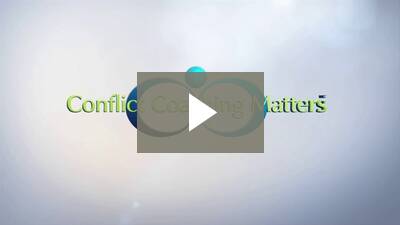Resources & FAQ
Our conflict experts are noted scholars and practitioners:
Our conflict experts are noted scholars, authors and curriculum development designers as well as first-rate conflict practitioners. The following are some of the additional resources we can provide to help you improve your conflict coaching and dispute resolution practice.
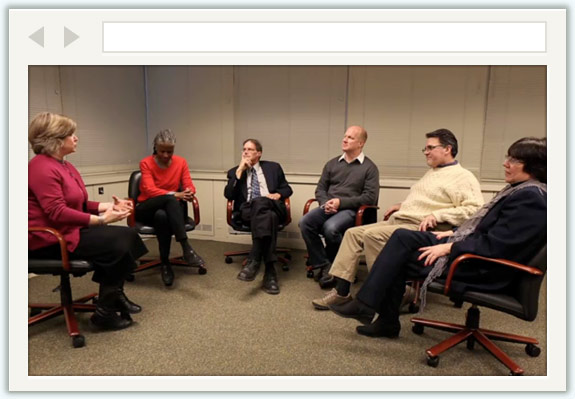
Books
Conflict Coaching: Conflict Management Strategies and Skills for the Individual
Conflict Coaching: Conflict Management Strategies and Skills for the Individual, by Tricia S. Jones and Ross Brinkert,is the best-selling book in the conflict coaching field. Conflict Coaching presents the conflict coaching matters model of conflict coaching with a variety of practice tips for using the CCM approach. It is written for practitioners in a range of disciplines including communication, alternative dispute resolution/conflict resolution, business, education, law, psychology, sociology, and social work. A valuable addition to this book is a CD with over 1,000 pages of worksheets and resource materials to help in your conflict coaching practice.
Click here to order directly from Amazon.
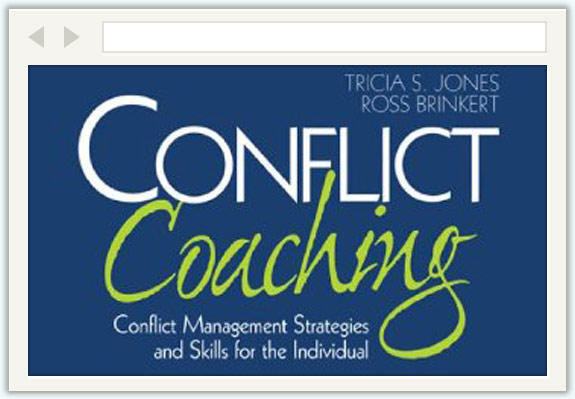
Intercultural Communication: A Peacebuilding Perspective (available from Waveland Press August 2014)
Tricia Jones and her co-authors, Martin Remland, Anita Foeman, and Dolores Rafter-Arevalo, have contributed an exciting new model of intercultural communication competence from a peacebuilding perspective. For conflict practitioners dealing with issues of cultural conflict in interpersonal or social/organizational situations, this book provides valuable information on understanding and responding to intercultural conflict.
This book will be available to order from Wavelend in August 2014
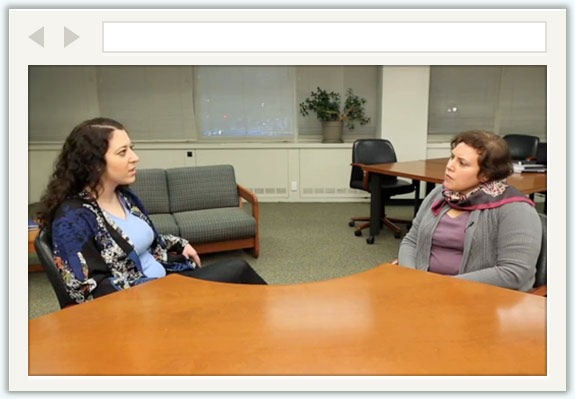
Interpersonal Communication through the Lifespan
Interpersonal Communication through the Lifespan by Tricia S. Jones, Martin Remland, and Rebecca Sanford presents an overview of important communication skills and issues for building personal and professional success. Chapters particularly helpful for conflict practitioners focus on emotion and communication, conflict and communication, and emotional competence.
Click here to order directly from Amazon.
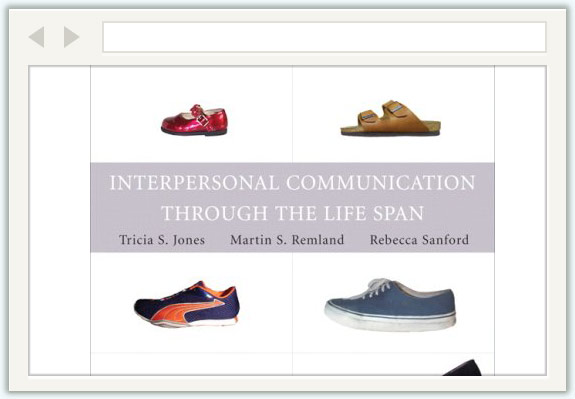
Kids Working It Out: Stories and Strategies for Making Peace in Our Schools
Conflict educators will benefit from Kids Working It Out. This touching book that overviews effective conflict resolution education initiatives and tells the stories "in their own words" of students and educators who have found success with these efforts. Tricia Jones and Randy Compton's work makes these programs accessible and demonstrates the growing importance of developing social and emotional learning programs and conflict resolution education efforts in our schools.
Click here to order directly from Amazon.
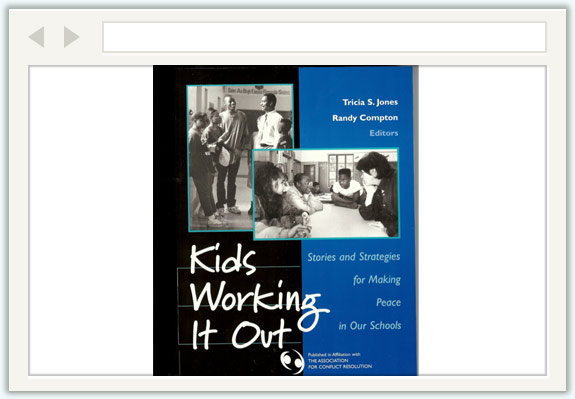
Forthcoming Books From Tricia S. Jones
The Heart of Conflict
Tricia S. Jones's forthcoming book, The Heart of Conflict (Sage, 2015), explains the role of emotion as a critical factor in how people identify conflict, orient to conflict and respond to conflict. Many of the books in the conflict coaching and conflict management field are not providing up-to-date discussion and application of how emotion (and its physical and psychological bases) are more important to human conflict than previously assumed. Social science and neuroscience have increasingly found that emotion is the driving force behind decision-making and moral judgments that escalate and perpetuate interpersonal and group conflict.
Positive psychology that focuses on emotion-driven behavior (e.g., Martin Seligman's Learning Optimism) is the fastest growing area of social psychology. And, social and emotional competence – the foundation of constructive conflict management – is a billion-dollar industry in corporate consulting due to the work of scholars like Daniel Goleman. Since the US leads the westernized industrial world in workplace aggression and bullying, workplace conflict practitioners are tasked with responding to workplace aggression and workplace bullying. Understanding the emotional drivers of these behaviors is critical in designing and delivering effective interventions.
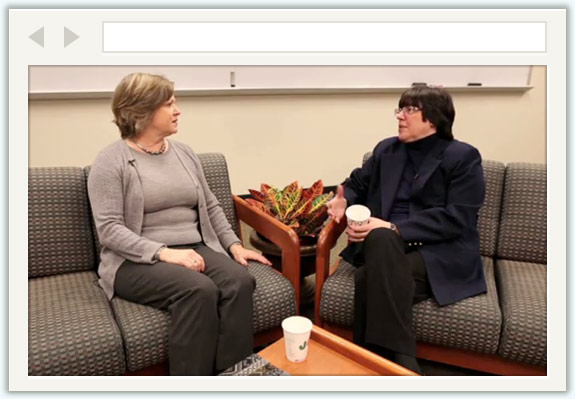
Making Conflict Coaching Special: Peer Conflict Coaching for Special Education
Making Conflict Coaching Special: Peer Conflict Coaching for Special Education (forthcoming from ConflictCoachingMatters Press, February 2015) is a labor of love for author, Tricia S. Jones. As a mother of a child with special needs, she has adapted the CCM conflict coaching model to create a model of peer conflict coaching (parent to parent, educator to educator, administrator to administrator) for special education disputes. Parents, educators, and administrators involved in special education disputes understand how easily these conflicts can become destructive and escalate. First response prevention and intervention is critical to developing good relationships from the outset – a difficult task when parents can be anxious and confused and dedicated to getting the best for their child with special needs. for constructive conflict management. Peer conflict coaching, piloted with support from the Pennsylvania Department of Education, (see peer conflict coaching webinars and training materials on Training page), is one positive new tool to accomplish these goals.
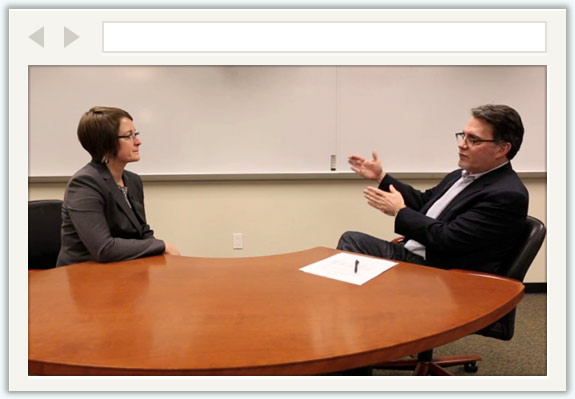
Conflict Coaching: Expanding The P. I. E.
Conflict Coaching: Expanding the P. I. E. (forthcoming from ConflictCoachingMatters Press, June 2015) is the second level of practice-ready wisdom on using the CCM conflict coaching model. Building from the CCM model presented in Conflict Coaching: Conflict Management Strategies and Skills for the Individual, this book extends coaching process insights in the discussion of Power, Identity and Emotion issues (P. I. E.) in the Stage 2 (Exploring Perspectives) and Stage 3 (Crafting the Best Story) stages of CCM. The book also includes a new variety of Skills Development chapters.
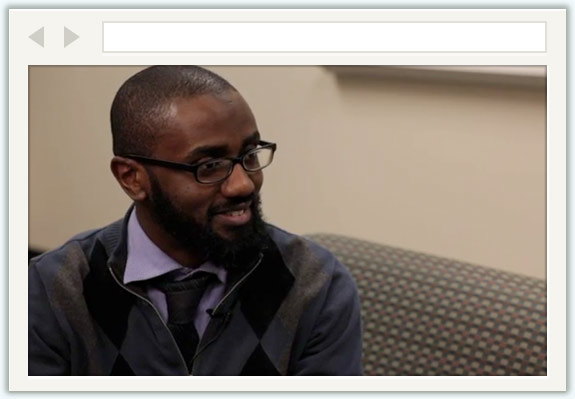
Conflict Coaching: Wisdom and Innovation from the Field
This book is an edited volume (Tricia S. Jones & Cheryl Cutrona (Eds.) (ConflictCoachingMatters Press, March 2015) with contributions from leading scholars and coaches discussing the best practices of conflict coaching in a variety of contexts including higher education, community, workplace, affirmative action/EEO, military, government, environmental, family, and elder contexts. Brief chapters from renown experts discuss the utility and best application of coaching in those contexts.
An introductory section provides an overview of developments in the coaching field in terms of policy, organizations, research and models of practice. And, this section also presents a chapter on the similarities and differences between conflict coaching, executive coaching, and life coaching. Finally, the book ends with a "dialogue chapter" of the contributors addressing there opinions about the challenges facing the field in the upcoming decade.
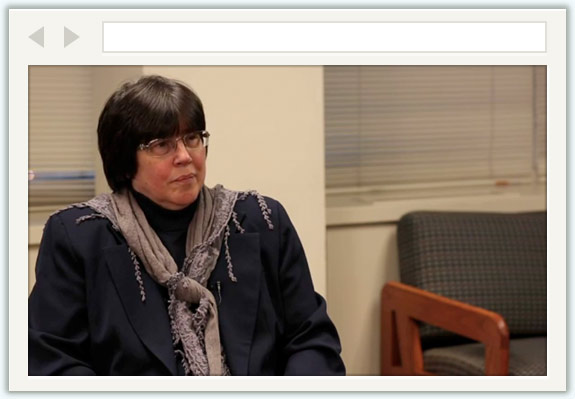
Videos
Conflict Coaching Matters Videos
Conflict Coaching Matters has developed a series of professionally produced training videos for use in CCM trainings and webinars and for special coaching contexts (for example, peer conflict coaching in special education). These videos involve coaches demonstrating brief examples of each stage of the CCM model. The videos involve conflict coaching in the following contexts:
Higher Education
Workplace
Special Education
Health care
Community
We are in the process of developing delivery systems for these videos and will have those available by October, 2014. Please leave us a message in our "Contact" section if you are interested in learning more and receiving a catalog of video options once developed.
If you'd like to have a sense of the quality of the video productions, please click on our Promo video on the right side of the page. You can also learn from our videos during our webinars.
Frequently Asked Questions
Example #2: Maria is an idealist and chose her field of work in order to build bridges with colleagues and make a real difference in the lives of her clients. She recently felt walked on by certain colleagues and clients who were very competitive with her. Maria valued conflict coaching for helping her feel good about her core professional identity while also supporting her in developing assertive skills, including bargaining skills.
Example #3: Chris was tired of working with a difficult colleague, someone who may even be classified as a workplace bully. On the verge of leaving, Chris gave conflict coaching a try and was relieved to learn about a number of resources both inside and outside the organization for addressing the matter. Chris used conflict coaching to prioritize the use of other professional services as well as develop some key communication skills.
People who have completed 5-days of the Conflict Coaching Matters conflict coaching training are eligible to become certified in the CCM model. The certificate is awarded based on a quality assessment of an audio and video recorded conflict coaching process submitted by a coach/certificate candidate. Assessors determine whether the candidate displayed overall competence in their application of the Comprehensive Conflict Coaching model. The awarding of the certificate cannot guarantee the quality of the coach-recipient's future work. But, the certificate attests to the fact that the coach has foundational skills and has demonstrated them successfully in a professional assessment.
Coaching covers a broad range of activities in which one person is giving advice to another for professional or personal benefit. For example, personal coaches, sometimes called life coaches, develop individuals' effectiveness across their entire lives and in a variety of situations. Executive coaches develop senior leaders by focusing on leadership style and fit with changing business and organizational needs. Conflict coaching combines a reflective and expert-based approach that is centered on supporting individuals through conflicts they are experiencing at work and/or at home.
